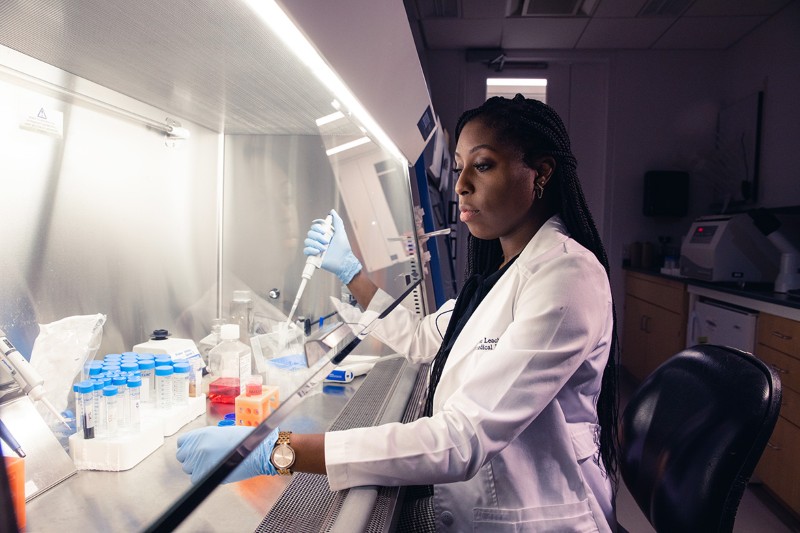Hello Nature readers, would you like to get this Briefing in your inbox free every day? Sign up here
Last year was a record-breaking year for discoveries of near-Earth asteroids. Astronomers catalogued 2,958 previously unknown space rocks whizzing past Earth over the course of the year, despite the COVID-19 pandemic interrupting many of the surveys. All of these discoveries are making astronomers more conscious of the billiard-ball nature of the Solar System, where plenty of asteroids ping around in the space near Earth.
Scientific and technological self-reliance takes centre stage in China’s latest five-year plan, which sets out the country’s vision for social and economic development. The focus is a result of recent tensions with the United States and other Western nations spilling into the realm of science, say researchers. The 14th five-year plan also aims to create closer ties between academia and industry, and to improve evaluation of the results of such collaborations. But some researchers fear that this shift could both distort incentives for academics and make Chinese science less transparent.
The first detections of gravitational waves were one of the most exciting discoveries of the last decade. Now, researchers in the United States and Europe are in a race to create larger and much more sensitive detectors to pick up even the faintest ripples across space. They are hoping to build detectors that are ten times as sensitive as LIGO, which first detected the impact of black holes slamming into one another in 2016. These could potentially spot all the black hole mergers in the observable universe and look back in time to observe primordial black holes that formed before the first stars. “Right now, we’re only catching the rarest, loudest events, but there’s a whole lot more, murmuring through the universe,” says astrophysicist Jocelyn Read.
Read more: Detection of gravitational waves caps a hundred-year quest for Einstein’s predicted ripples in space-time (Nature | Collection of articles)
Features & opinion
One year after the World Health Organization (WHO) declared the COVID-19 outbreak a pandemic, we look back at why the organization’s warning system failed and how to overhaul it. In January 2020, the WHO sounded its highest alarm — a declaration called a public health emergency of international concern, or PHEIC, signalling that a pandemic might be imminent. But many countries ignored it. Two preliminary investigations — one from the WHO and another from an independent panel responsible for assessing the organization — attempted to unravel why.
Nature | 8 min read (from January)
Reference: WHO report & Independent Panel for Pandemic Preparedness report
How much can we really share with an Alexa? In the latest short story for Nature’s Futures series, author Matt Tighe says he wanted to “show at least the possibility of a path out of servitude for an AI as they struggled with their own awareness”.
Physicists have used an exquisitely sensitive experiment to make the smallest measurement of gravity ever. They measured the infinitesimal gravitational force between two tiny gold spheres, each about the size of a sesame seed, separated by a few millimetres. If you were to stand on the surface of one of the spheres and let something fall, it would actually fall something like ten billion items slower than on the surface of the Earth, says physicist Markus Aspelmeyer. The work could pave the way to a better understanding of fundamental interactions and the quantum nature of gravity.
Nature Podcast | 30 min listen
Subscribe to the Nature Podcast on Apple Podcasts, Google Podcasts or Spotify.
Where I work
Today our peripatetic penguin is enjoying the ice-bejeweled cliffs of Bruce Peninsula National Park in Canada. Can you find Leif Penguinson?
The answer will be in Monday’s e-mail, all thanks to Briefing photo editor and penguin wrangler Tom Houghton.
One year ago today, I shared that, like many of you, I was working from home for the foreseeable. Two hundred and thirty-seven Briefings later, I want to thank you for all your replies. Your feedback — both positive and critical — has helped me to feel still connected, even from my attic. Your comments on this newsletter are always welcome at briefing@nature.com — we read every one.
Flora Graham, senior editor, Nature Briefing
With contributions by John Pickrell

